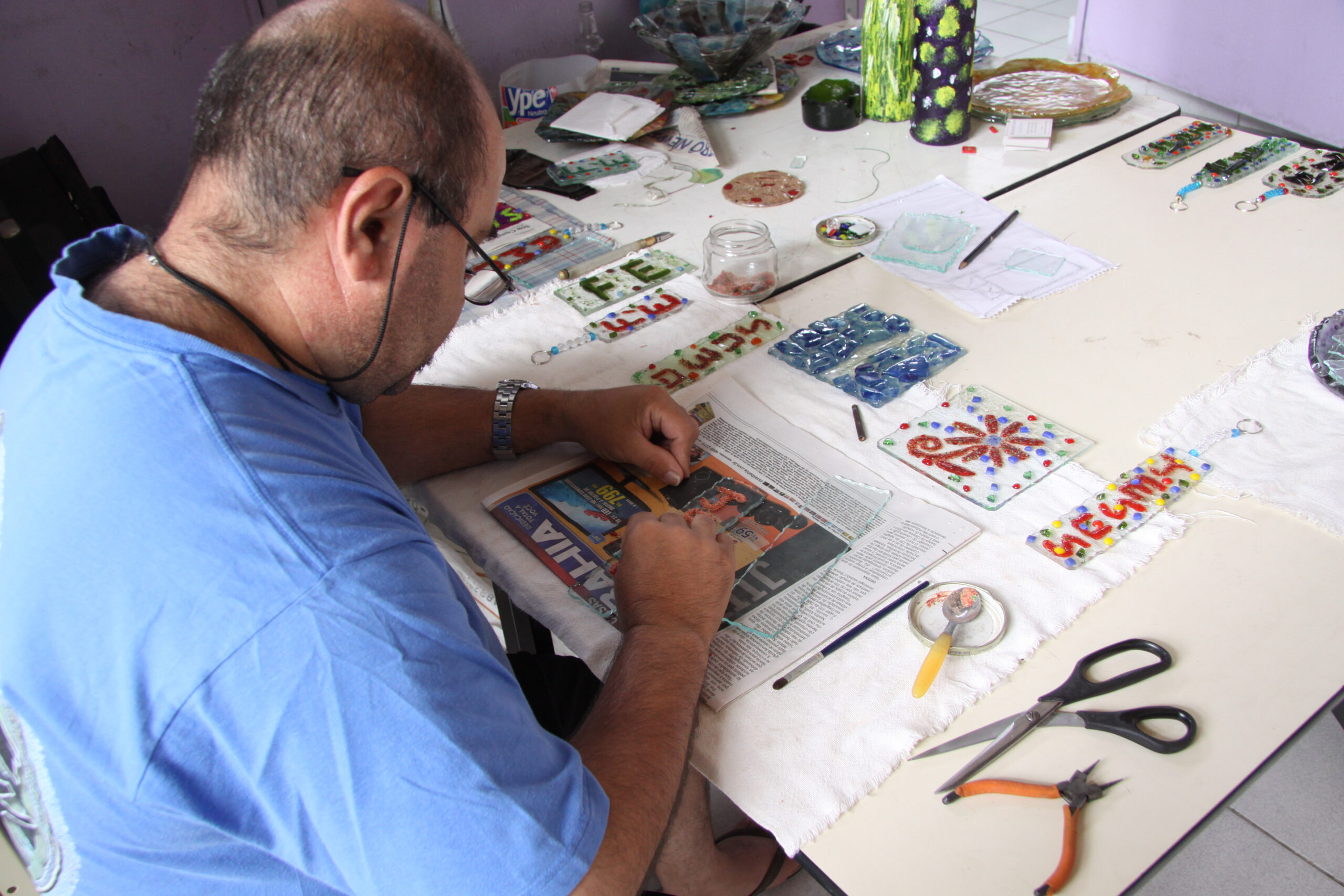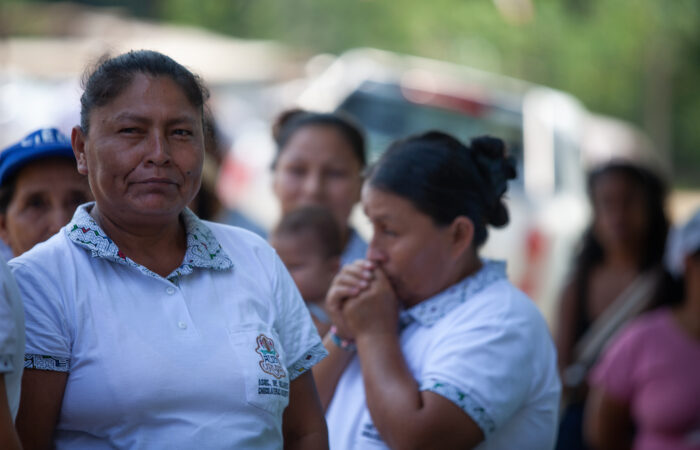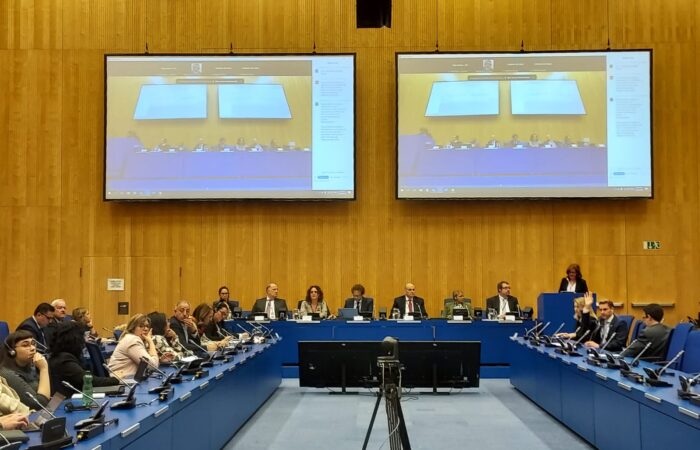10H. Bridgetown time/4 pm in Madrid Time
COPOLAD III seeks to promote the development of more balanced, evidence-based drug policies with full respect for human rights, gender equality and the protection of public health.
One of the expected results is the development and consolidation of national/local systems of social, economic and labor inclusion for people with drug problems and disorders, in countries of the LAC region. In order to consolidate the circle of recovery of people with drug use problems and facilitate a cost-effectiveness of care, therapeutic processes of care networks must be linked to social, economic and labour inclusion systems interventions.
For that reason, the Working Group 2.3 Support for the development of national systems for the social inclusion of people with substance use problems, with a differential and gender perspective, which is led by Chile, Barbados and counts with the collaboration of the Spanish Government Delegation of National Plan on Drugs will launch a session for Caribbean countries on January 17th.
As differences exist in terms of context and needs between Latin American and Caribbean countries, the session is geared towards Caribbean countries, aimed at reviewing their needs and priorities in terms of social inclusion. Social inclusion is a core aspiration of the 2030 Agenda, it is conceived as a goal and as a process that helps to remove barriers to people’s full participation in society; thus, the need for countries to integrate these programs at national and local level.
COPOLAD is a regional platform which serves for countries to share experiences, best practices, exchange information etc. For that matter, Barbados will present the successes and challenges of social inclusion programs within the country, serving to open the debate, which will ultimately allow defining a roadmap to harmonize priorities of Caribbean countries and define the coordination mechanisms to strengthen their participation.
COPOLAD III will be supporting countries in the development of national and local plans and programmes for the social and economic integration of people with drug use problems through technical assistance. In order to do so, a methodological guide will be elaborated within the program, which will include foundations, dimensions, challenges, typologies, models and processes to advance national processes of accompaniment in social and economic inclusion and facilitate their monitoring and evaluation.








